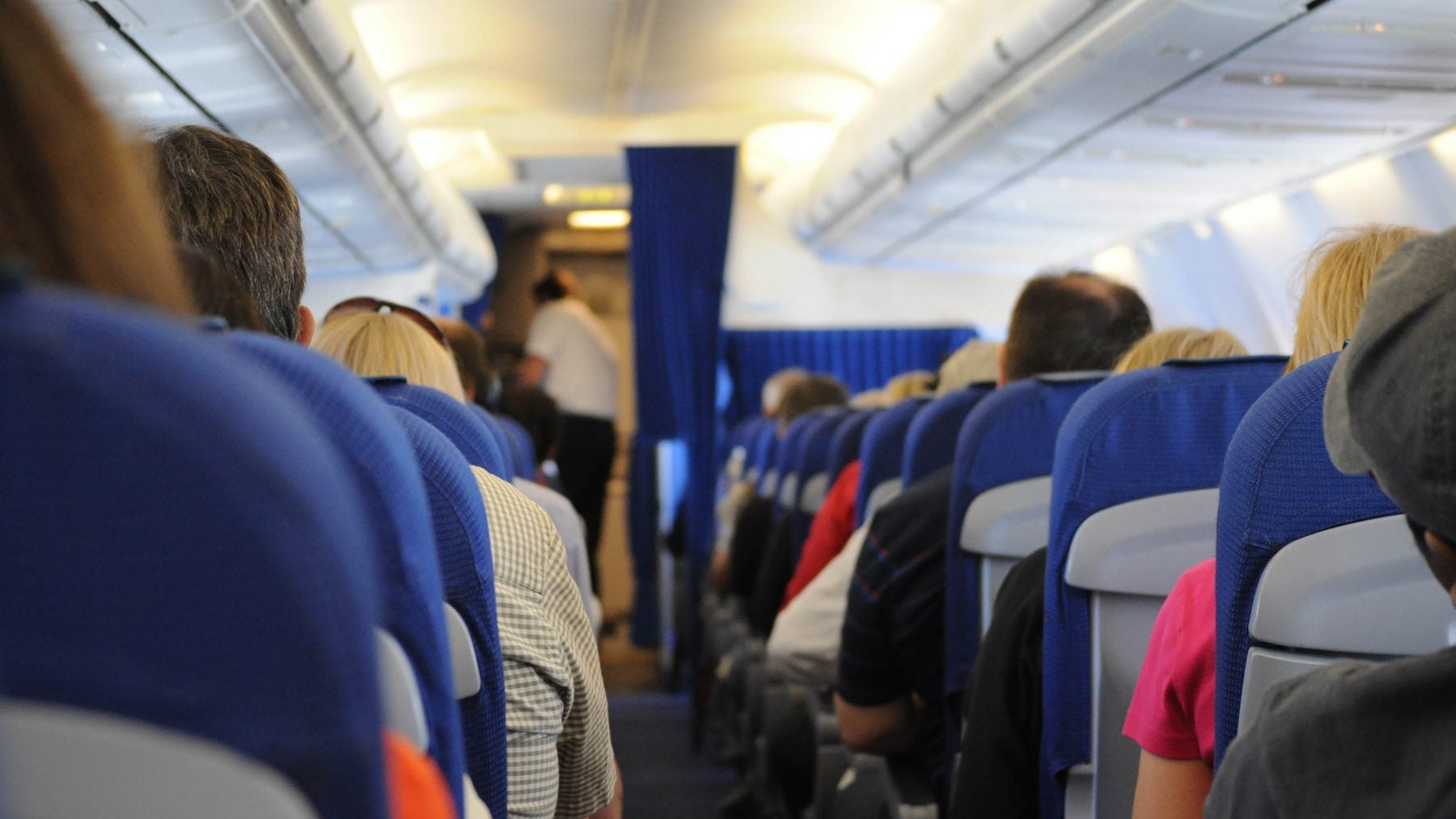Flying creates a dilemma for travelers concerned about climate change
Listen 5:48
When you fly, do you think about the effect you're having on the environment? (Photo via Pexels)
When you clicked “buy” to book that cut-rate flight to your last vacation getaway, chances are, climate change didn’t weigh too heavily on your mind.
That’s one lesson that James Higham, professor of sustainable tourism at New Zealand’s University of Otago, takes away from his research into how climate change affects people’s attitudes and choices about air travel. Vacationers, especially, tend to ignore concerns they have about global warming, he tells The Pulse.
“Even people who are extremely well educated and knowledgeable about climate change […] and agree that we need to respond to the climate challenge,” Higham says, “when they go on holidays, they forget about those concerns.”
Still, people do feel a real tension, he says, between the freedom and adventure offered by air travel and their concerns about the greenhouse gas emissions they generate in the process. It’s a conflict that he and others have referred to as the “flyers’ dilemma.”
The climate-conscious may be making efforts to reduce their carbon footprint–think compact fluorescent lightbulbs, composting, recycling–but that doesn’t stop them from hopping on a plane, he says. That’s in spite of the fact that emissions from air travel may form the largest chunk of many people’s annual emissions.
Higham’s research included extended interviews with dozens of people in countries like Norway, Germany, and the United Kingdom. Some of the Norwegian participants said they had witnessed the effects of climate change firsthand.
“Some explained that they had seen climate change in action because places that they used to ski when they were kids,” Higham says, “never have snow anymore.”
“So Norwegians were quite concerned about climate change, but they were also quite addicted to air travel,” he says. “Very few were actually changing their behaviors.”
The barriers to getting people to fly less present a major challenge for efforts to address climate change, he says, because commercial aviation is growing far faster than energy efficiency gains in jet aircraft technology.
“The global fleet of commercial passenger aircraft has doubled every 20 years since the 1970s, and is projected to double again over the next 20 years.”
For Higham, the findings about the flyers’ dilemma underscore the need for governments to take the lead in making policy changes to reduce overall air travel and designing more sustainable transportation systems. Global aviation emissions were left out of the United Nations’ climate accords adopted in Paris last December, despite being a fast-growing contributor to climate change about on par with the current output of Germany. But, Higham says, the upcoming meeting of the U.N.’s aviation agency in Montreal this September offers some hope for an international agreement to rein in these emissions.
Higham, for one, is anticipating the meeting “with great interest.”
“The reality is we have to limit growth in aviation,” he says. “Climate change concerns require that we fly less.”
Listen to the interview with James Higham above.
WHYY is your source for fact-based, in-depth journalism and information. As a nonprofit organization, we rely on financial support from readers like you. Please give today.




